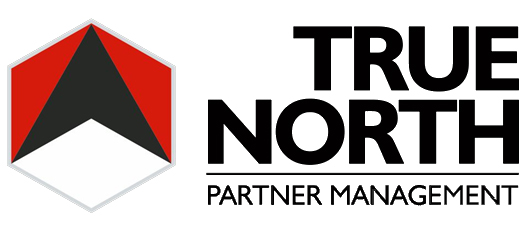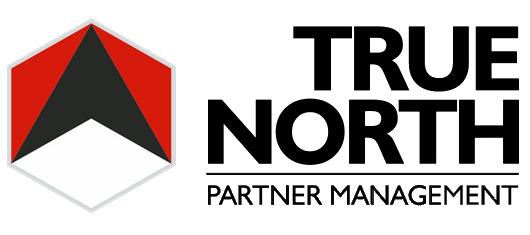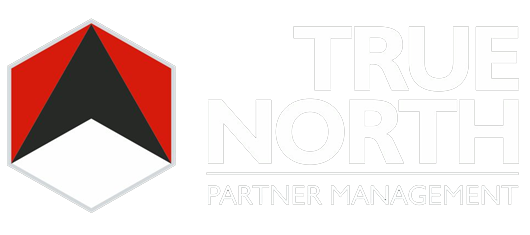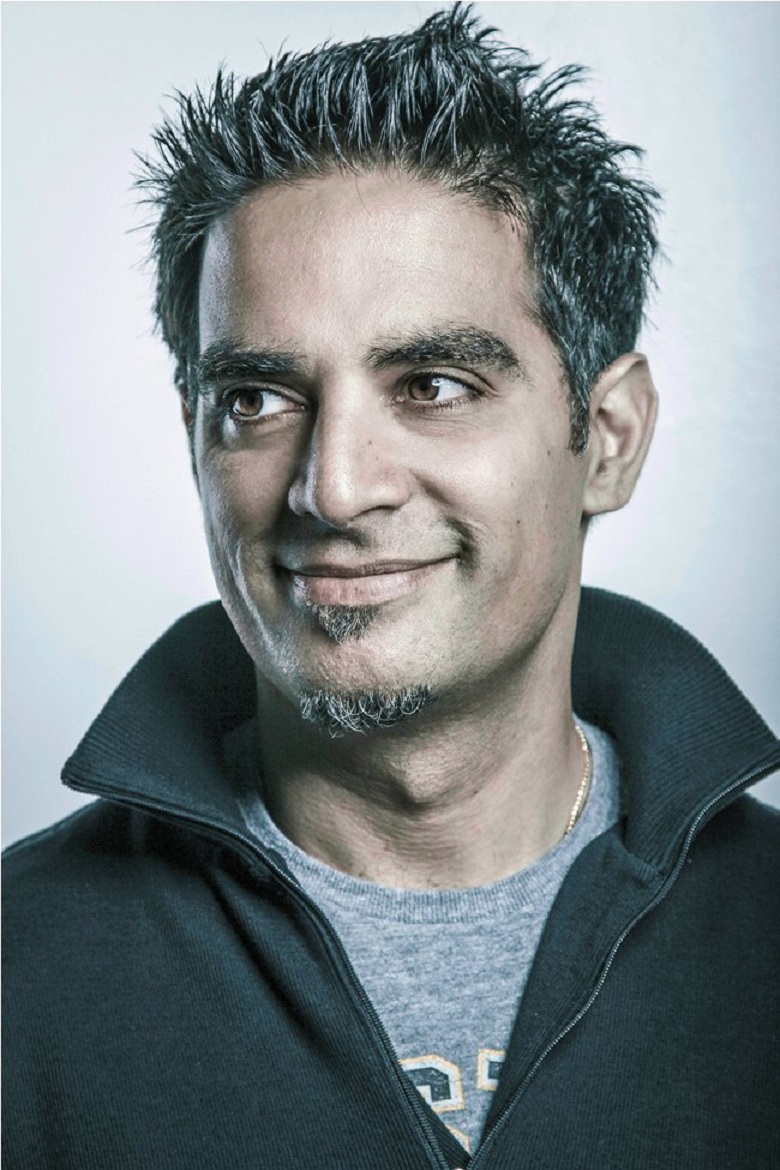The following post originally appeared on Forbes | March 16, 2015
In life—and certainly in business—influence is a very precious commodity. The ability to motivate and mobilize individuals or groups toward a desired cause, at its core, is the very stuff of real-life heroes and is the essence of a good leader. And while there are any number of methodologies and theories regarding the tools of influence, story-telling is at the top of the list for many reasons, not the least of which being its ability to engage all areas of the brain.
With effective development of conflict, cortisol is released, wrangling our attention. With proper character placement and development, mirror neurons are charged, Theory of Mind is activated, and oxytocin is released, generating, and drawing us deeper into, empathy. With logical and believable character decision-making and conflict resolution, structure is established, activating our cerebral cortex—our new brain—and completing the brain-charging, emotion-inducing trifecta of exposition, climax, and denouement.
A great story teller does these things naturally. And while storytelling is an art, it is one that can be learned and improved over a life time. Today I chat with Gotham Chopra, author, film maker, and at the root of it all, storyteller. With nine films under his belt, and the release of his most recent project, Kobe Bryant’s Muse, Chopra has a few things to say about effective storytelling, capturing the attention of an audience, and perhaps most importantly, educating and mobilizing them toward a greater cause: self-realization. See our exchange below:
On Documentary Filmmaking
Parnell: Can you talk to me about documentary film making? Why documentary versus any other form of entertainment or journalism?
Chopra: There’s something inherently exciting and uniquely challenging about non-scripted film-making. You don’t know where it’s going to go when you set out. You have a rough idea because of the topic or subject, but then the story goes and you follow it. You have to be nimble and agile and non-judgmental and spontaneous. In general, I think those are all personal characteristics I like to nurture in myself. So having them be a part of the work I do is good for me! I also think that not only do [documentaries] make audiences smarter, they make their creators smarter. I know every time I come out of the other side of a project, I have a much different perspective on things than I did before.
On His Stylistic Approach
Parnell: Can you talk to me about the stylistic approaches that you take when shooting? What does it tell you about human attention, human intrigue?
Chopra: As a film-maker and storyteller, I try not to get too locked into any one style. I like to figure out my subject and then adapt the style to them. I also have a lot of people that I admire in terms of artists who I emulate: The modern classics—Errol Morris, Michael Moore. And friends and former colleagues, like Lisa Ling and Anderson Cooper, who I try to learn from.
Of course, I think we all have certain personality characteristics that really inform our storytelling. I am a really curious person and pretty informal, so I like to create a comfortable and intimate environment in which the subject feels at ease. Ideally that vibe then comes across to the audience as well. They feel a part of something less formal and more natural. In my opinion, human beings inherently crave knowledge and information. It’s how we evolve. So for me it’s just about creating an atmosphere that is most conducive for that.
On The Structure Of Storytelling
Parnell: Can you talk to me about the structure of storytelling? The elements that you look to incorporate? Is there a fundamental path?
Chopra: For sure. There’s a real art to storytelling—structural elements that are encoded into our greatest myths from The Odyssey in Western traditions to the Ramayan in the East. And you see those same attributes in modern blockbusters, from Avatar to Titanic to The Dark Knight—strong characters with an established point of view and nuanced back story. They face a challenge that raises a conflict, both internally and externally, and that becomes a catalyst for some sort of journey that transforms who they are, how they consume the world, and who they end up being. In general, this is the three-act structure that underlies most great stories. There are structural attributes, too: The point of no return, the low point, some sort of deliverance or moment of revelation that you can find in almost any great story—from Paradise Lost to an epic superhero tent-pole—and they make you realize that a good foundation is the key to any successful narrative.
On Types Of Stories That Move Us
Parnell: What do you find are the most moving types of stories?
Chopra: My taste is really broad. I love big summer tent-pole movies and small Indy [documentaries]. I’d say the attributes that really underlie both, though, are strong characters and dynamic worlds. I just watched the documentary, Red Amy, and loved it because it took a narrative that I thought I knew pretty well—The battle between the Soviet and American hockey cultures during the Cold War—and subverted it by building very rich and empathetic characters out of the Soviet players. Characters that are strong and vulnerable at the same time, that have a superhero identity—Batman—that are rooted in emotions and that are human and relatable—Bruce Wayne—are my favorites, because it makes the superhero achievement that much greater. To know that greatness is encoded with sacrifice and relentless work ethic and ambition makes for the most moving stories to me.
On Particular Emotions That Move Us
Parnell: What emotions, in particular, do you find to be most influential? Those that move us to action…
Chopra: Honesty. Vulnerability. Take our greatest heroes in real life—athletes, innovators, entrepreneurs, physicians—and when you discover those emotional back stories that really drive them and what they do, I find that to be incredibly motivational. I also find myself inspired by people who have the ability to be very focused on the moment; who don’t get caught up in guilt or regret over the past or distracted by outward rewards of the future. It’s actually a very difficult thing to be entirely focused in the moment, but it’s pretty liberating when you are there.
On Narratives In His Own Life
Parnell: How do you use stories in your own life? Are there any personal narratives that you fall back onto? That you use to more effectively communicate?
Chopra: First of all, I am careful not to overly invest emotionally in others. What I mean is that we don’t really know the entire story behind most people we see on TV or in the movies, or in sports, etc. I’m in the business of myth-making, so I especially understand this. It’s great to emulate the greatness that many of the people achieve [on TV or in the movies] and the deeper anatomy of it—the hard work, the discipline and sacrifice—but for the most part, we never really know. And success can have enormous consequences as well; not all of which we may aspire to emulate. That said, I think i always look for the deeper meaning of things in my life, from my work to relationships, etc. I also try to step back from the immediacy of things. What can feel like a big deal in the moment, often isn’t so when you see it from a broader perspective. Life is mysterious and unpredictable if you let it be; just like a good story.
On The Evolution Of The Media Landscape
Parnell: Talk to me about the media landscape and how has it changed over the past 10-15 years? Where do you see it going over the next 10 years?
Chopra: It’s transformed entirely. Technology has leveled the playing field enormously, both in terms of the tools that we can use to tell stories–iPhones and digital cameras—and how we distribute them—blogs and social media and endless video platforms. In essence, anyone with a camera and/or an internet connection can share their story with the world. So, in terms of ease of reaching an audience, things have shifted dramatically over the last decade. But that doesn’t mean everyone is a graceful storyteller. In fact, if anything, a lot of people ignore the basics of storytelling: character and conflict and structure. It makes separating the wheat from the chafe one of the larger challenges in the media landscape today.
I’d say that one of the other larger challenges that lurks over the next decade is, how, in a landscape of almost infinite media, audiences are able to find stuff that is meaningful to them and is also uncompromised by the marketing machines that may be behind it. But I have confidence. Human beings are creative and relentless and innovative. We’ll figure it out and adapt.
On Working With Kobe Bryant
Parnell: Talk to me about Kobe Bryant’s Muse. How did this come about? Why Kobe?
Chopra: I’ve always been a massive sports fan. And while I grew up in Boston and it was part of my DNA to be a Laker- and Kobe-hater, I always had a begrudging respect for Kobe, because even from afar, it was obvious how relentless he was in terms of perfecting his craft, a quality I definitely admired and emulated. Then I met him and confessed to him I was a Celtics’ fan and he said “Oh, Larry Bird is one of my muses.” He kind of had me at that moment.
Over the next year or so, we became friendlier and we talked about our shared interest in storytelling and also the anatomy of greatness: What makes people the best at what they do? It was fascinating to me, especially, because Kobe is among the best at what he does. And his willingness to explore that in himself was too good an opportunity to pass up. Aside from that, I am not sure that I had any agenda; just an intense desire and a willing partner to go deep and decode greatness. So, really my only aspiration was to build a team around Kobe that would be able to capture his authentic experience, document his journey, and encode it with as much passion as possible.
On Lessons Learned From Kobe’s Journey
Parnell: It is difficult to watch an apex figure like Kobe talk about their experiences without gleaning some solid, fundamental lessons. What are some of the most powerful lessons that you, personally, took away from Kobe’s film?
Chopra: I’m not that much of a believer in objectivity. On the contrary, to me, storytelling—and especially the type that I do—is very subjective. There’s no version of a great Kobe film that isn’t intensely creatively driven by Kobe. This, to me, was less a film about Kobe, than it was a film with him. And that goes for all the creatives that came in and collaborated alongside us.
Kobe really challenged each one of us to bring our own stories—highs and lows—to the table, and to integrate that into every aspect from the editing to the music to the graphics and the sound of the film. It was like a canvas for all of us to pour our souls into. It wasn’t easy and we bruised one another pretty hard along the way, but I like to think that showed in the end in terms of creating something strong and innovative. That was probably my greatest takeaway: to relinquish control.
As a storyteller and director, I think there’s always that instinct to craft the story entirely from your point of view. But in this film, in particular, it was really a collective. I had to learn how to be detached from enforcing my point of view and being open not to just my very strong-willed subject—who really would become more of a collaborator—but also every other person that joined our team.
On Growing Up Under Deepak’s Wing
Parnell: Of course, I have to ask: What was life like growing up the son of Deepak [Chopra]? Were there expectations of you? How did it influence you?
Chopra: Growing up with my dad had a profound influence on me. Through most of my adolescence, my dad was actually a pretty normal dude. He was an immigrant that had come to Boston and worked his way into being a very successful physician and having a great career. The problem was that he had grown to really dislike his life and lifestyle. He was working hard at a job he didn’t care for, and that was stressing him out. He drank a lot, smoked a lot, and was generally unhappy. So he changed everything.
Looking back, I’d say that’s what I most admire about my father and what I learned from him: His willingness to step into the unknown and not robotically proceed with an unfulfilling life. That takes courage and faith. I think that’s also why my whole life my parents have encouraged me to pursue whatever it is that I love most. Seek it with reckless abandon and success will follow. So far so good.
On Lessons Learned From Deepak
Parnell: What are some of the other important lessons that you’ve learned from your father?
Chopra: Don’t take yourself too seriously. In general, it’s very easy to get caught up in the drama of daily life. To make a big deal out of small things, personal slights, or perceived insults. So much of my father’s work is about exploring the deeper mysteries of the universe and the human soul. In that respect, you’re constantly reminded that the greatest mystery of the cosmos is our existence in it. So, when you shift your perspective like that, it has a pretty dramatic effect on your daily life. With a little perspective, you realize that things aren’t really as big a deal as they feel in the moment. That sort of detachment can be very liberating.
On Handling Criticism
Parnell: As someone in the public eye—both as a Chopra and as a film maker—talk to me about criticism. It can be tough to handle, but can also be turned constructive, depending how it is framed. How do you handle criticism? What is, perhaps, some of the internal dialogue that you have with yourself about it?
Chopra: I don’t think about it that much to tell you the truth. I mean, I hear it and see it; I have Google Alerts and all of that, and I process it; but I really don’t let it steer me all that much, creatively. And that’s not just criticism, but praise as well, because there’s plenty of it on both sides that often have nothing to do with the work itself.
A lot of people have a very strong point of view on my dad, already—good or bad—and they bring that to the table when they review my work. The same can be said about the work itself. When you take on a subject like Kobe Bryant, for example, God knows that many people already have a strong point of view one way or the other about him, and often the creative work just reinforces it. I’m intrigued by it, but not profoundly influenced by it. I do think that I try to listen to myself; to be self-aware and know when I am getting emotional and why; to see what is really impacting my choices or what I am feeling; and if I determine it’s from an insecure or needy place, I definitely try and course correct. I’m not great at it, but it doesn’t hurt to try to be.
Email: [email protected] Twitter: @davidjparnell
Books: The Failing Law Firm: Symptoms And Remedies; In-House: A Lawyer’s Guide To Getting A Corporate Legal Position



